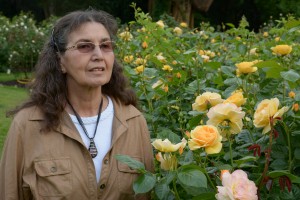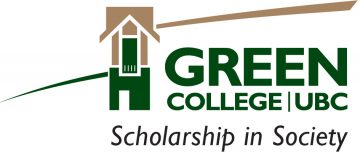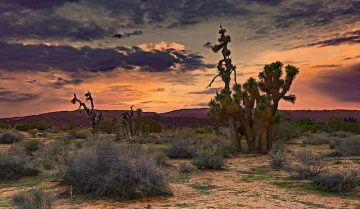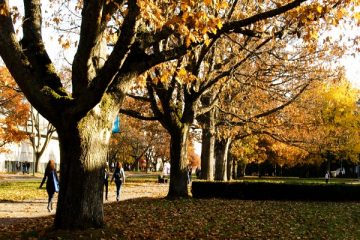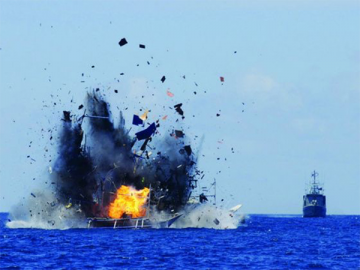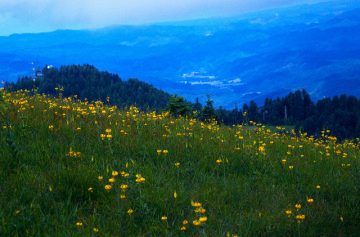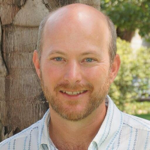The Ecologies of Social Difference Social Justice @ UBC Thematic Network and the Institute for Gender, Race, Sexuality and Social Justice are pleased to invite Dr. Malini Ranganathan to the UBC campus November 2nd (Thursday). Please invite students and colleagues to the following events:
Click for event poster
THURSDAY NOVEMBER 2nd
10.30- 11.30 am.
Informal Chat with ESD to discuss the Flint Water Crisis and associated issues with Dr. Ranganathan, Room 1099, Buchanan Tower. Her recent paper on Flint is attached here.
Please RSVP for the chat to esd.ubc@gmail.com
12 pm- 1pm
Talk: Racial Liberalism and the Colonially of Urban Ecologies
Please RSVP here:
https://grsj.arts.ubc.ca/rsvp-malini-ranganathan/
If you would like the opportunity to meet Dr. Ranganathan one on one, please write lharris@ires.ubc.cawith your interest.
BIO: Malini Ranganathan is an assistant professor in the School of International Service at American University in Washington, DC. Trained in critical geography, her scholarship focuses on urban environmental justice and grassroots struggles surrounding water, land, and housing in India and the United States. She is a 2017-2019 American Council of Learned Societies-Andrew W. Mellon Humanities Fellow.
Looking forward to seeing you on Thursday for these events.
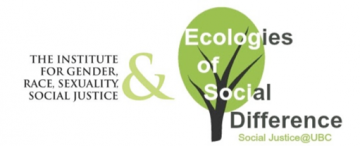
*Anyone is welcome to joint the Ecologies of Social Difference Social Justice Network. If you are interested in doing so, please write to esd.ubc@gmail.com to be added to our distribution list.
Our website for more information: www.esd.ubc.ca
Ecologies of Social Difference is a thematic network at the Institute for Gender, Race, Sexuality and Social Justice at UBC. We aim to promote research, engagement, student-faculty-community networking, and interdisciplinary understanding on questions at the interstices of social difference, inequality, and nature/environment. As such, our interests span fields of political ecology, critical nature studies, feminist and social justice research, environmental justice and activism, and affiliated fields.
More specifically, we aim to promote scholarship and interaction through talks by visiting speakers, panel and teach-in discussions, and workshopping papers in progress. To this end, we host several events per year, including a half-day workshop for papers in progress at the end of each spring term.


